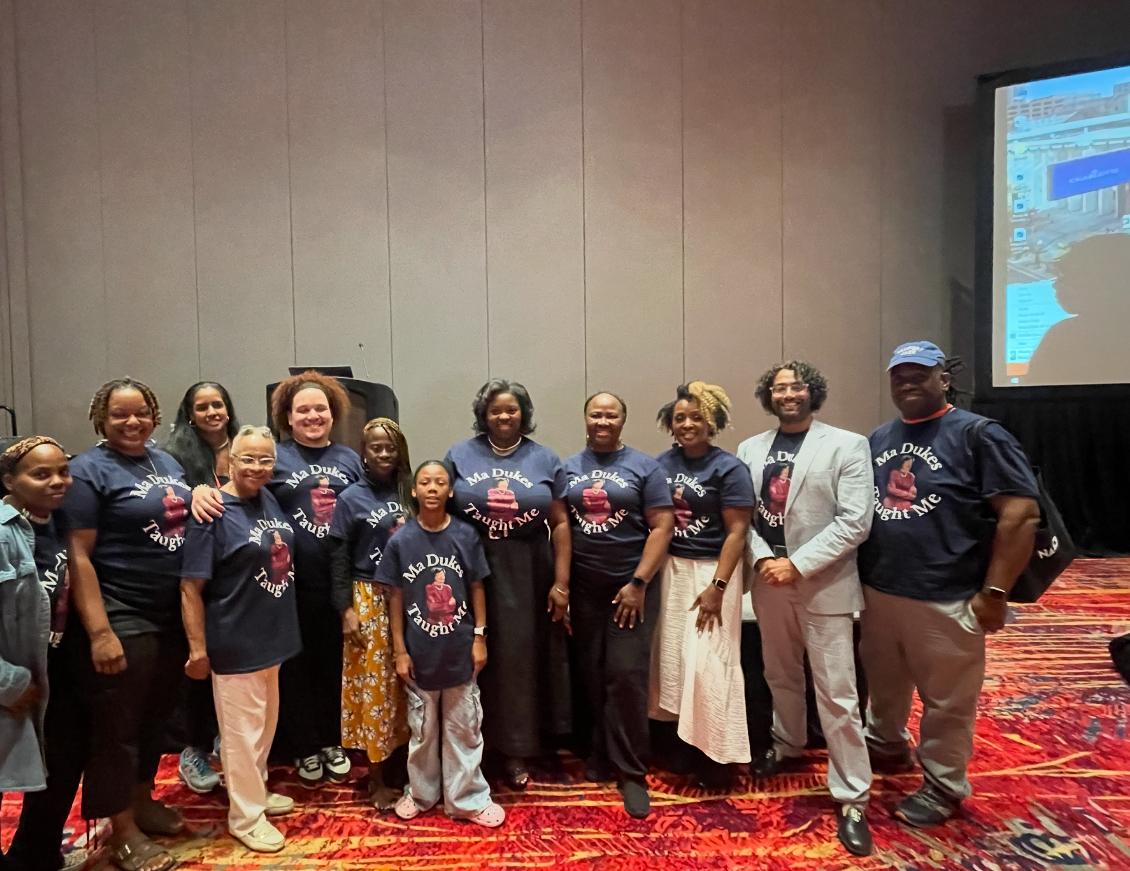My First NAACP Convention: Embracing “The Fierce Urgency of Now”

This past week, I had the incredible opportunity to attend the 116th NAACP National Convention — and I have to say, it was truly inspiring. Going into it, I knew it would be a powerful experience, but I was not prepared for how much it would affect me. The theme this year was The Fierce Urgency of Now, and I saw firsthand how deeply that message resonated with everyone there.
From the opening moments, it was clear that the fight for justice cannot wait. The conversations, panels, and speeches emphasized that the time to act is right now — not tomorrow, not next year, but today. The challenges facing our communities demand immediate action, and I left feeling more motivated than ever to be part of that change.
Since this was my first time attending the convention, I was especially intrigued by how passionate and committed the young people and college students were. They made it clear they are ready to carry the torch forward, continuing the fight for equality, justice, and fairness. Seeing their dedication gave me hope — I know the future of civil rights is safe with these young leaders pushing us all forward.
I want to take a moment to thank the late, great Honorable Hazel Nell Dukes. Her leadership, sacrifice, and unwavering commitment to justice have paved the way for so many of us. I also want to thank L. Joy Williams, President of the NYS Conference (which is in region 2), for giving me the opportunity to write this blog post. Your support means a lot, and I am grateful to be part of this movement.
Highlights from the Convention:
Voter Rights and Democracy: With so many attacks on voting rights happening across the country, the convention made it clear that protecting and expanding access to the ballot is urgent. We are called to act quickly to defend our democracy.
Policy and Legislation: Leaders laid out bold priorities for legislative change — addressing criminal justice reform, health, economic opportunity, and civil rights protections — emphasizing that these issues need immediate attention.
Community Power: Workshops gave practical tools for grassroots organizing, leadership, and coalition-building. The message was loud and clear: we need to mobilize communities NOW to create real, lasting change.
Celebrating Wins and Pushing Forward: The convention recognized those making a difference, reminding us that progress is happening, but there’s still so much more work to do — and it must happen now.
The theme, The Fierce Urgency of Now, really hit home. It is a reminder that the fight for justice is not something we can put off — it is happening right now, and we all have a role to play. I left the convention feeling inspired and ready to get involved in whatever way I can. The time to act is now, and I hope everyone reading this feels the same.
Let us keep pushing, stay motivated, and remember — change begins today.





